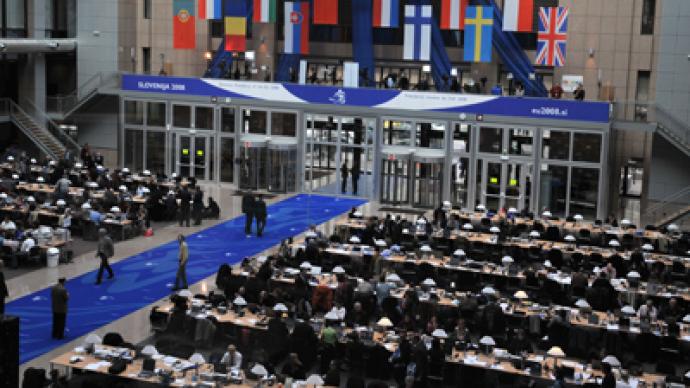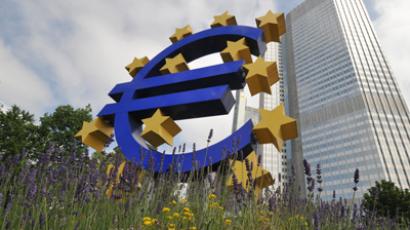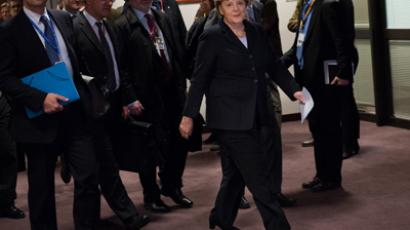$3 mln to be spent on ‘internet trolls’ as EU looks to 2014 election

The EU will spend more than $3 million on ‘troll monitors’ to trawl Eurosceptic debates on the internet ahead of European elections in June 2014, UK media reports. It comes amid fears that hostility against the EU is growing.
The new strategy will include “public opinion monitoring” to “identify at an early stage whether debates of a political nature among followers in social media and blogs have the potential to attract media and citizens’ interest,” according to internal documents reportedly discovered by the Telegraph.Spending on “qualitative media analysis” will be increased by more than $2.6 million. Most of the money will be found in existing budgets, although an additional $1.2 million will be needed. "Particular attention needs to be paid to the countries that have experienced a surge in Euroscepticism," a confidential document said.The monitors’ roles are clearly laid out in the documents. The controversial plan is designed to promote a stronger Europe, while engaging in conversation with those who hold an anti-EU sentiment. "Parliament's institutional communicators must have the ability to monitor public conversation and sentiment on the ground and in real time, to understand 'trending topics' and have the capacity to react quickly, in a targeted and relevant manner, to join in and influence the conversation, for example, by providing facts and figures to deconstructing myths." "In order to reverse the perception that 'Europe is the problem', we need to communicate that the answer to existing challenges… is 'more Europe' – not 'less Europe'." But the EU is facing an uphill battle, as it seeks to change the minds of those who associate the bloc with economic crisis and high rates of unemployment. “It is evident that the EU’s image is suffering,” the document said. The information has been met with disapproval by many, who say the strategy is a waste of time.“Spending over a million pounds ($1.5 million) for EU public servants to become Twitter trolls in office hours is wasteful and truly ridiculous,” UK Independent Party Deputy Leader Paul Nuttall told the Telegraph. Training for the so-called “Twitter trolls” is set to take place later this month. The news comes as Eurosceptic moods continue to gain momentum in the union.UK Prime Minister David Cameron has pledged to renegotiate the terms of Britain’s EU membership. Without reform, “Europe will fail and Britain will drift to the exit,” the leader said in a January speech. Cameron has been dubbed a “trendsetter” by Conservative MP David Campbell Bannerman, who believes many other countries are seeking more flexibility within the EU. But it’s not just governments looking for a bit more leeway when it comes to EU membership – individual workers in crisis-hit countries are unhappy with the bloc’s leadership and austerity measures, too. Last Wednesday, anti-austerity protesters in Athens broke into a government building and threatened the labor minister. Riot police then responded with tear gas, batons, and pepper spray.Even German citizens have expressed interest in leaving the EU – despite German Chancellor Angela Merkel’s ongoing support of EU policy. Last September, a poll conducted by the Bertelsmann Foundation showed that 49 per cent of Germans believed things would be improved by leaving the European Union. And the Germans aren’t alone – 34 per cent of French citizens also said they would be better off without the EU.














